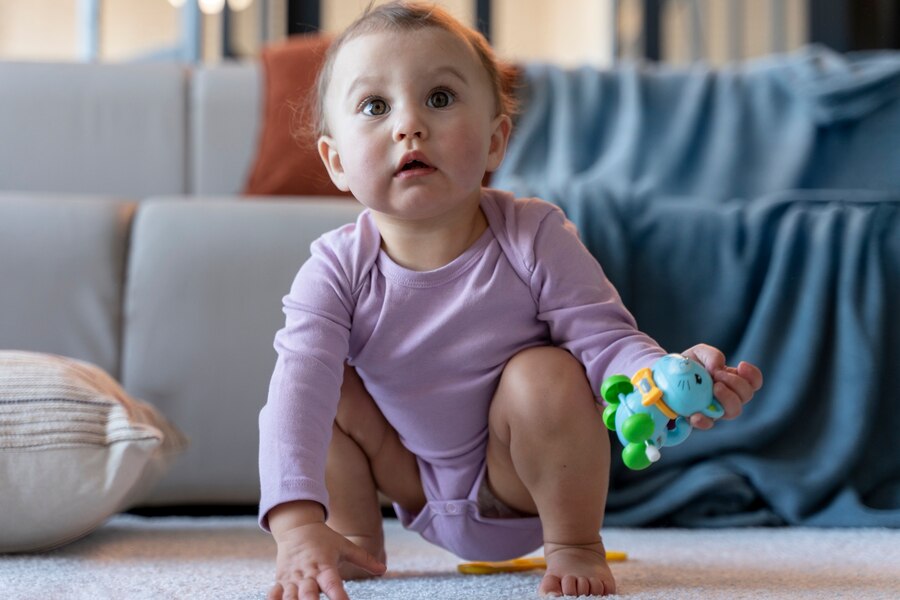Embracing the Humanity and Potential of Children with Down Syndrome
There was a time, not too long ago when parents of children who experienced Downs or other disabilities were encouraged to place their children in institutions so as not to “ruin” their other children’s lives. Each child needs a certain quantity of quality time. Having a child with special needs often requires additional time that can take away from the other children. I have always questioned this logic. Parents need to work at giving all of their children enough time and attention. If God forbid your typical child gets cancer you would not leave him at the hospital doorstep because it will negatively impact the others?
A recent Hebrew University in Jerusalem study by Dr. Ariel Knafo-Noam and Dr. Anat Perry shows how siblings of special needs children have higher cognitive empathy (meaning understanding of others’ thoughts and feelings) than siblings who don’t have special needs. The study used twins, where one group were just typical twins and the other group was twins where one sibling was typical and the other had a disability.
The organization Tismotek was founded in Israel by mothers of children with Downs who wanted to change the way people saw their children. They questioned why babies with Downs were abandoned.
It is legal to have an abortion in Israel because of a fetus who has Downs, and the newer blood tests to detect fetal abnormalities are available. But the concept of “abnormalities” connotes monsters and these children are certainly not that.
Whereas in 2017 the Israeli health ministry claimed 130 babies born per average each year with Downs only 2-3 are abandoned. Vardit Azizi, one of Tismotek founding mothers, claimed that the statistic is off and as many as one-third are abandoned, clarifying that Israel’s Health Ministry does not count those children placed in foster care in their statistics.
To their credit, most babies are placed because many families realize what a gift they are.
Israel’s policy is to give couples who are childless the first chance to take them. Those that do succeed like Yosi and Rivky Bar.
Yosi Bar, a foster father of three children who experience Downs claims that 90% of those parents who abandon their babies do so because of pressure from either grandparents, hospital staff, or even Rabbis. (Haaretz August 2017 article). An Interesting study out of England revealed that the way the paternal grandfather accepts the child sets the tone for how the rest of the family. (Cunningham)
Azizi feels that the parents are subtly pressured into believing that their baby will not live long and will have numerous health issues that can take a toll on the entire family.
Yes, some children who experience Downs indeed have health issues, however, each year technology improves and most children who make it past their first year live to adulthood.
For example, 40% of babies with Downs have heart problems. Technology in cardiac care has exponentially improved and continues to do so. I have personally witnessed the exponential jump in medicine between my oldest who experiences Downs and 16 years later with one of my youngest both underwent cardiac surgeries.
The fear factor only hinders the natural connection parents form with their newborns. We are hardwired to bond with our babies. Piling on fear and possibilities that may or may not happen can disrupt the process and affect how the parent bonds, thereby bonding to the syndrome and not to the baby.
It took us a week before we knew our first son had Downs. We bonded first to our child who was going to need open-heart surgery, like other parents whose babies are presented with medical issues. When speaking with other parents over 30 years, those of us who found out later about our child’s Down’s diagnosis bonded to our babies first and it affected our initial acceptance of our child.
How can you not look at your cute newborn and not love it? How can you not focus on his nose that is exactly like your husband, or his hairline like your grandfather’s? Thirty years ago no one told me our son with Down’s could get married and live in his apartment with his wife. If you are mired down with fear you stop seeing hope and potential.
The bottom line is children are first children, not their disability. Whereas doctors must inform parents about potential problems, so often the predictions are not founded. So often in life what one fears does not happen.
I think we need to rethink the stereotypes about differently abled people and change how medical personnel “break the news” to new parents.











